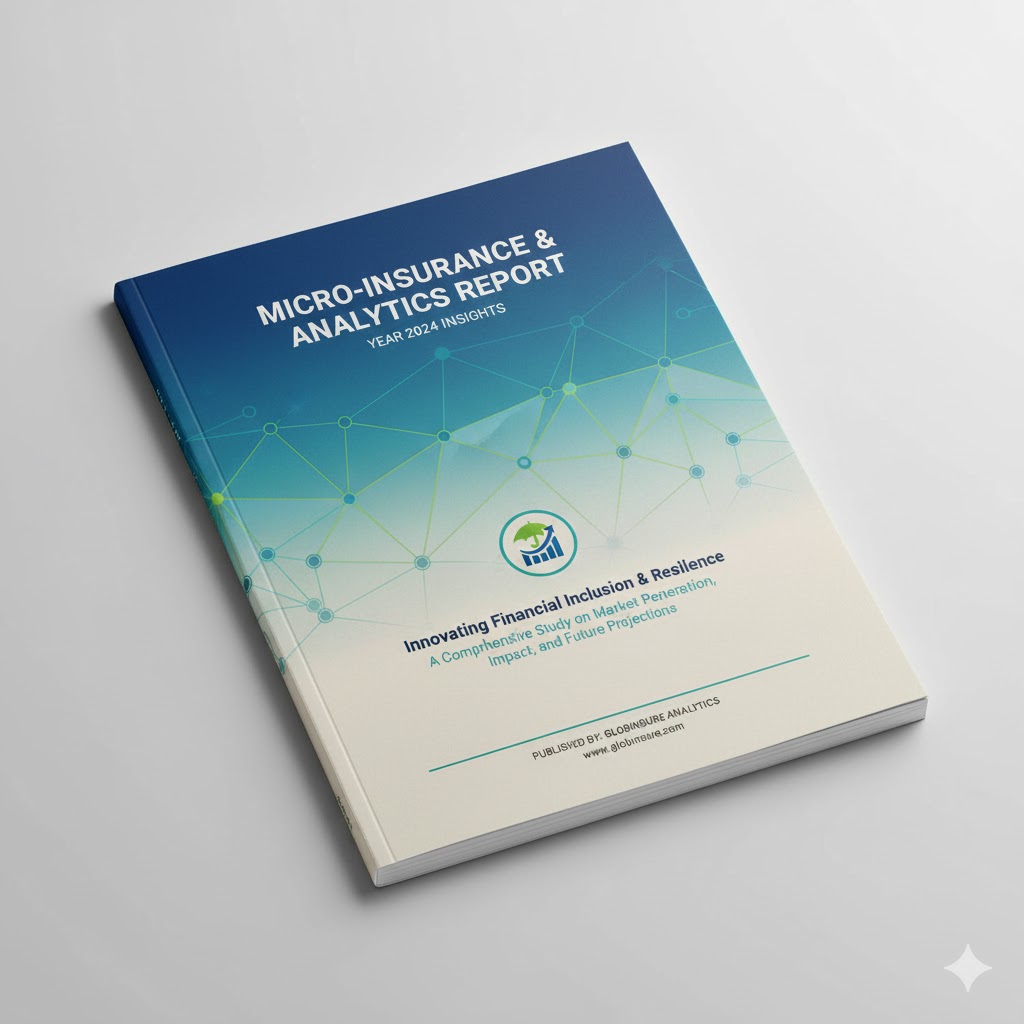Displaying 1 - 9 of 9

Case Brief: Field Accident Insurance - PROFIN Foundation
Field accident insurance – PROFIN Foundation. This case highlights a specialized microinsurance product developed in Bolivia to cover medical expenses resulting from injuries during official soccer, basketball, and volleyball matches. Distributed through sports associations, the product is tailored to the needs of amateur athletes and addresses a previously uninsured risk segment. It showcases how inclusive insurance can be adapted to community-based distribution and activity-specific protection.
Date d'émission
2020
Sujets
Sujet (Produit)

Case Brief: Field Accident Insurance - PROFIN Foundation
Since 2018, Bolivia's PROFIN Foundation has offered a unique sport accident insurance for amateur football players with no medical coverage. The product is distributed through sports associations and covers players' injuries during official matches. Today it protects over 9,000 players, and has prompted other insurers in Bolivia to develop similar offerings.
Date d'émission
2020
Sujets
Sujet (Produit)

DeRisking coffee in Vietnam: Piloting a Coffee Climate Protection Insurance scheme to enhance the capacity of smallholders and agribusinesses in coping with climate variability and change
Vietnam's Central Highlands – the world's largest Robusta coffee region – remains one of the country's poorest areas and is highly vulnerable to climate shocks. To build farmers' resilience, a Coffee Climate Protection Insurance (CCPI) pilot is providing smallholder coffee farmers with index-based insurance against drought, excessive rainfall, and extreme temperature, coupled with climate-informed agro-advisory services.
Date d'émission
2022
Sujets
Sujet (Produit)
Région

Making climate risk microinsurance work. Case Study: Kenya Agriculture Insurance Program (KAIP) with APA, Kenya
Information on the Kenya Agriculture Insurance Program developed in partnership with APA Insurance. The overview includes pricing structures, government subsidy mechanisms, challenges in implementation, delivery models, and overall performance metrics. The case outlines key lessons learned from executing a national climate risk microinsurance scheme in a Sub-Saharan African context and provides insight into scaling agricultural resilience through public-private collaboration.
Date d'émission
2021
Sujets
Sujet (Produit)
Région

MiCRO / SBS / Bancamía – Boosting Resilience for Microentrepreneurs
In 2019, MiCRO and SBS Seguros, in partnership with Bancamía, launched "My Protected Investment", a microinsurance product for SMEs that combines index-based and traditional coverage. Three years after Colombia's first parametric insurance launch, the initiative had already reached almost 120,000 low-income beneficiaries, providing protection against hazards such as excess rain, drought, and earthquakes, while expanding access to underserved urban and rural clients.
Date d'émission
2023
Sujets
Sujet (Produit)

Pioneer Microinsurance: Building a Business around Positive Customer Experience Pays Off
Pioneer Microinsurance in the Philippines built a strong customer-centric culture by leveraging client data and insights and embedding customer-focused behaviors across the organization. This approach improved the customer experience, strengthened client value, and drove significant business growth, including higher policy renewals and expanded outreach.
Date d'émission
2018
Sujets
Sujet (Produit)
Région

Segurísimo, developing inclusive insurance in Colombia
SEGURÍSIMO is a low-cost, easy-to-claim modular insurance product designed to serve vulnerable and traditionally excluded populations in rural areas. It offers coverage for both the policyholder and the beneficiary, emphasizing accessibility and inclusivity. The product's modular design allows flexibility in tailoring benefits, and its streamlined claims process helps reduce barriers to access. This case reflects an impactful initiative in Colombia aimed at enhancing social protection for underserved groups.
Date d'émission
2022
Sujets
Sujet (Produit)

WFP Nicaragua – Insurance and Social Protection: A Key Tool to Increase Resilience and Food Security in Nicaragua
WFP Nicaragua implemented a risk-layered insurance approach through the R4 Rural Resilience Initiative and sovereign CCRIF coverage.
Date d'émission
2023
Sujets
Sujet (Produit)

World Food Programme's Sahel Climate Catastrophe Layer
The document describes the Sahel Climate Catastrophe Layer (SCCL) by the World Food Programme (WFP), a parametric insurance covering vulnerable populations against extreme droughts in Burkina Faso, Mali, and Niger. The initiative enables rapid, pre-financed disaster response, complements national risk financing tools, and strengthens regional climate resilience.
Date d'émission
2025
Sujets
Région
